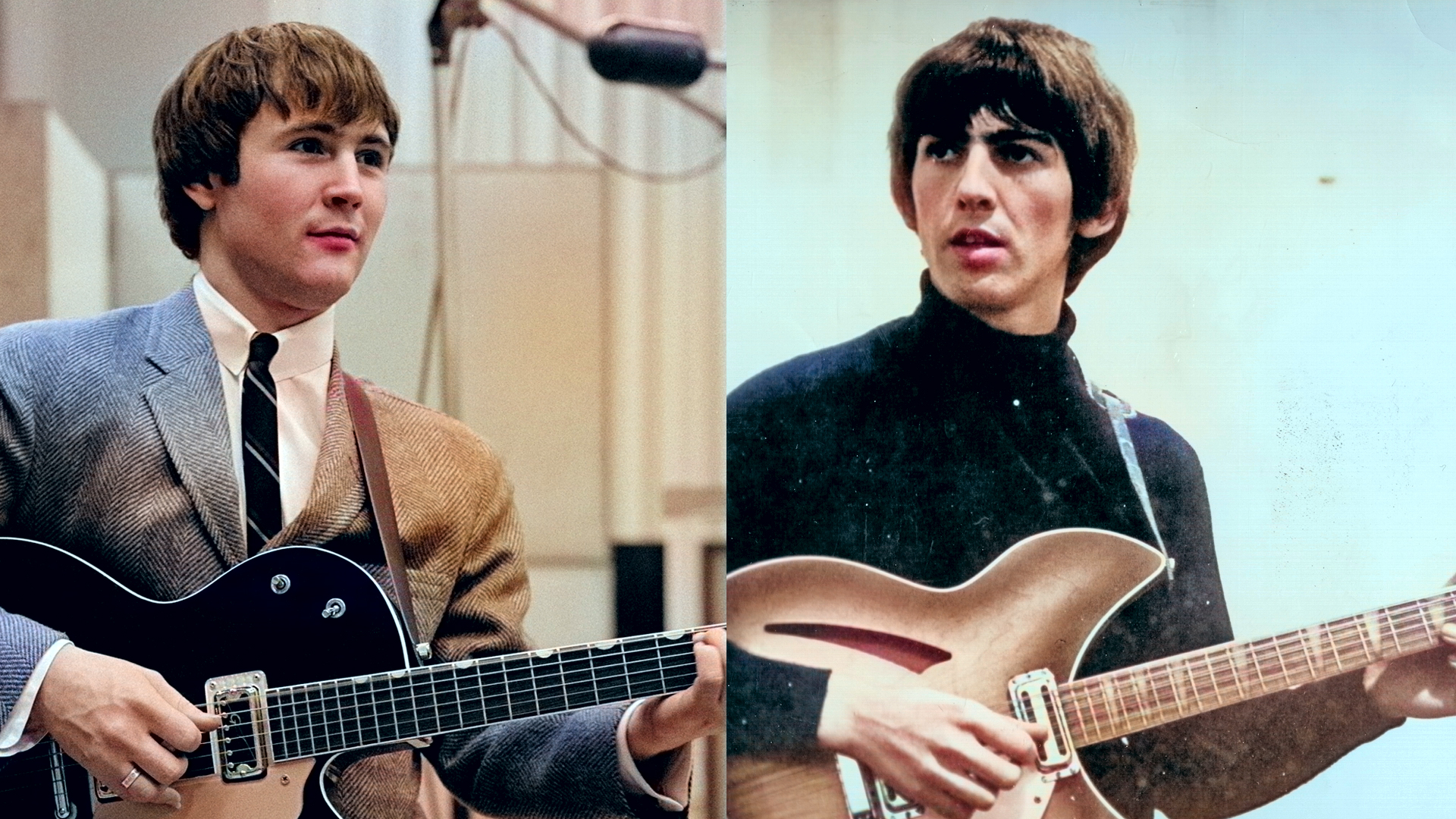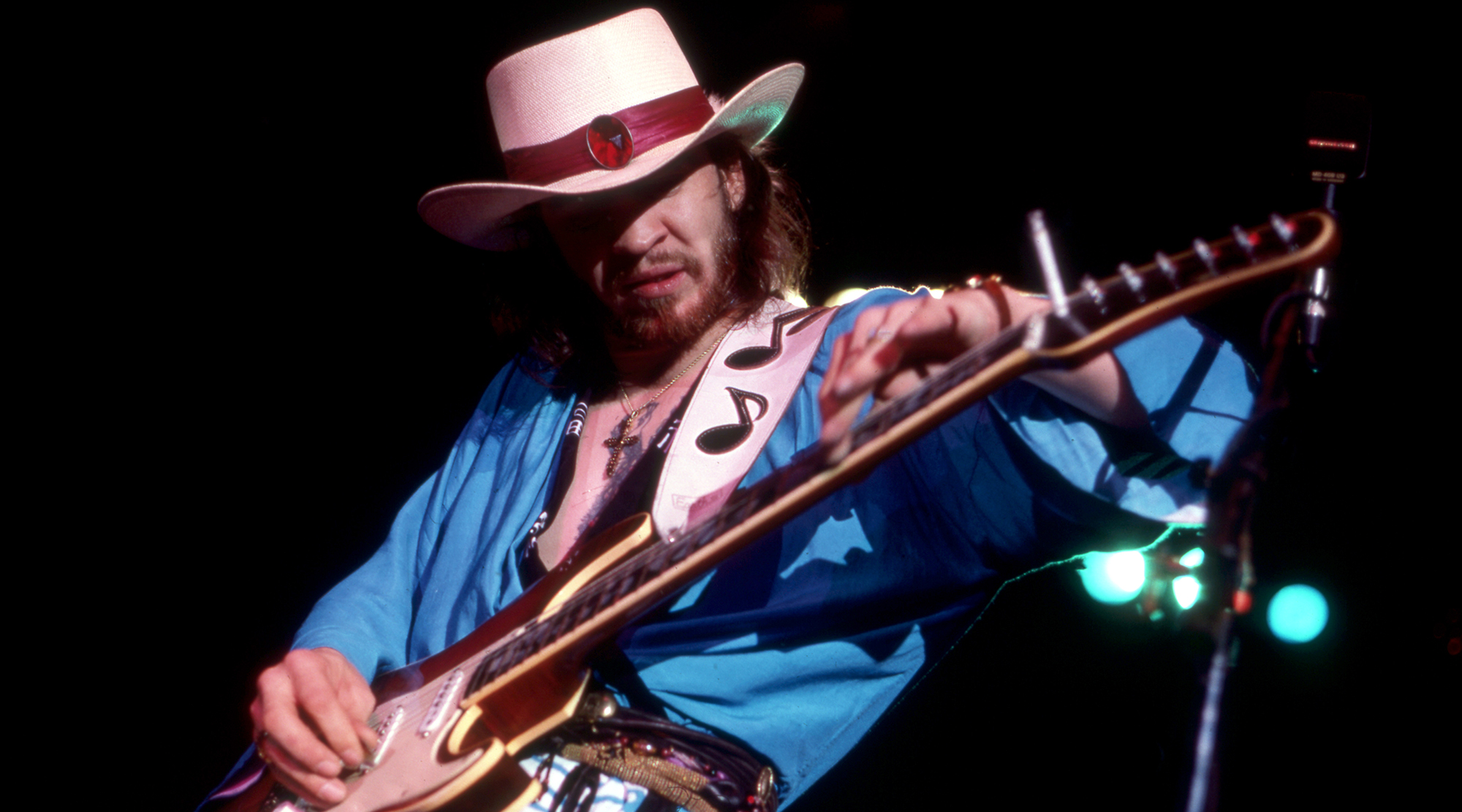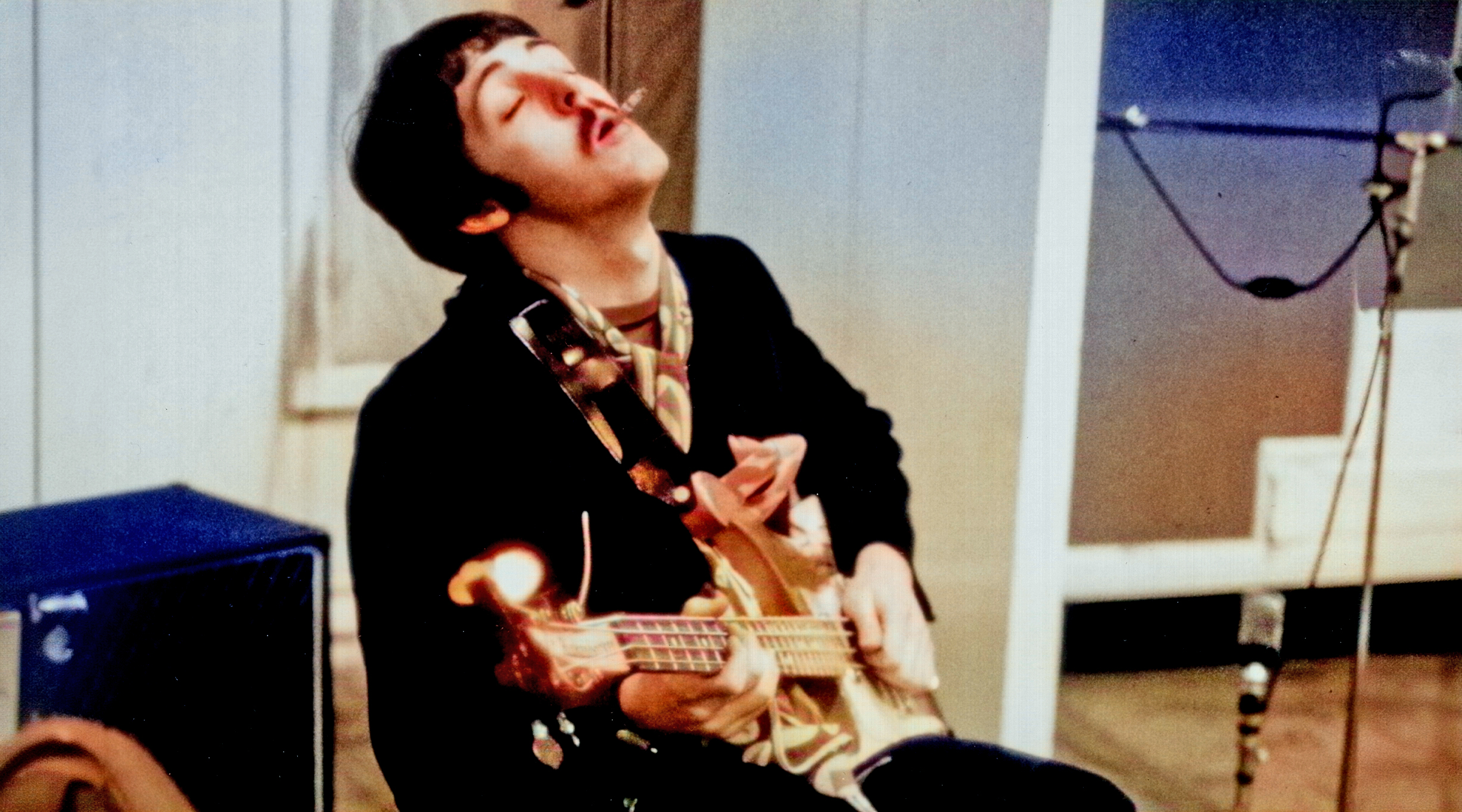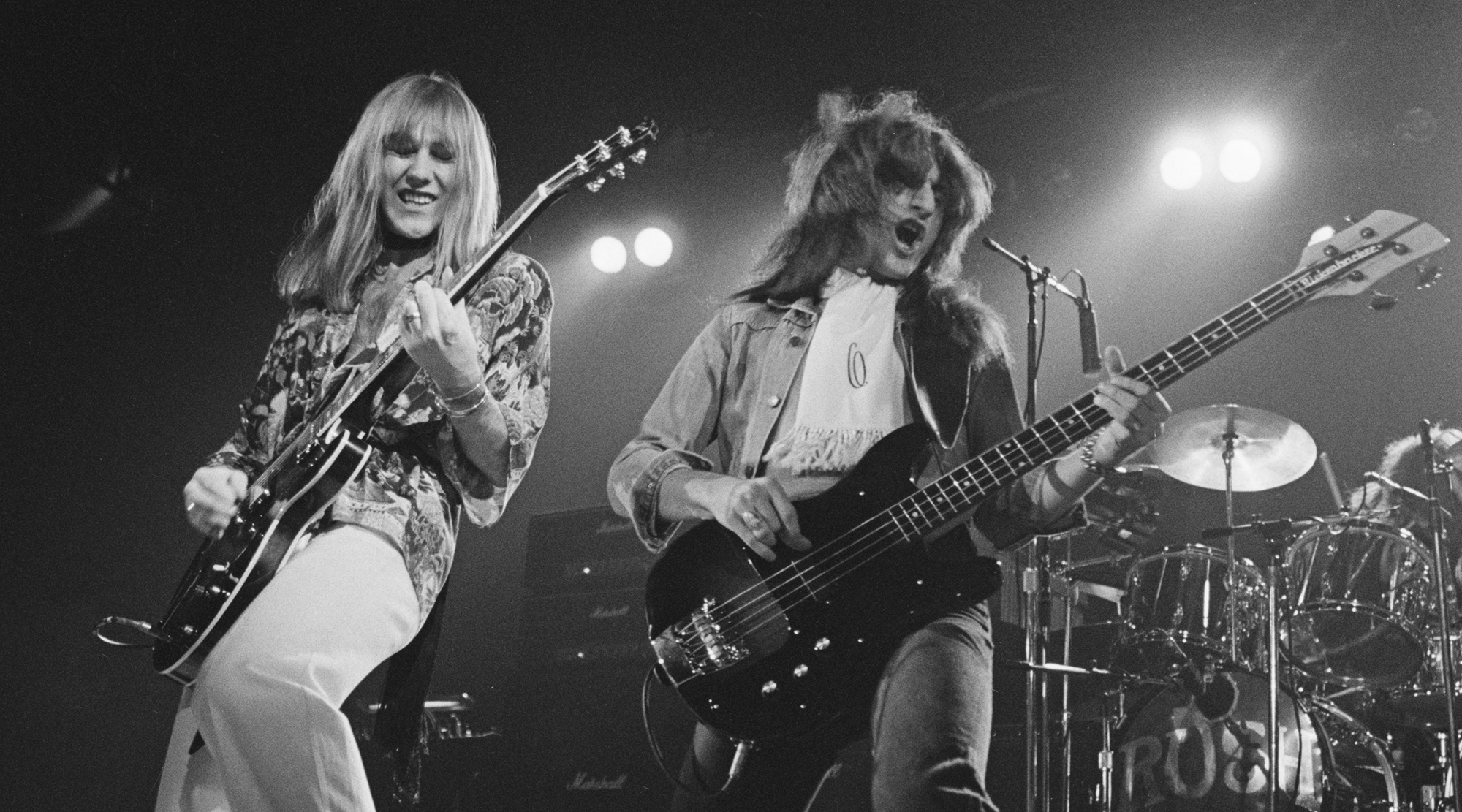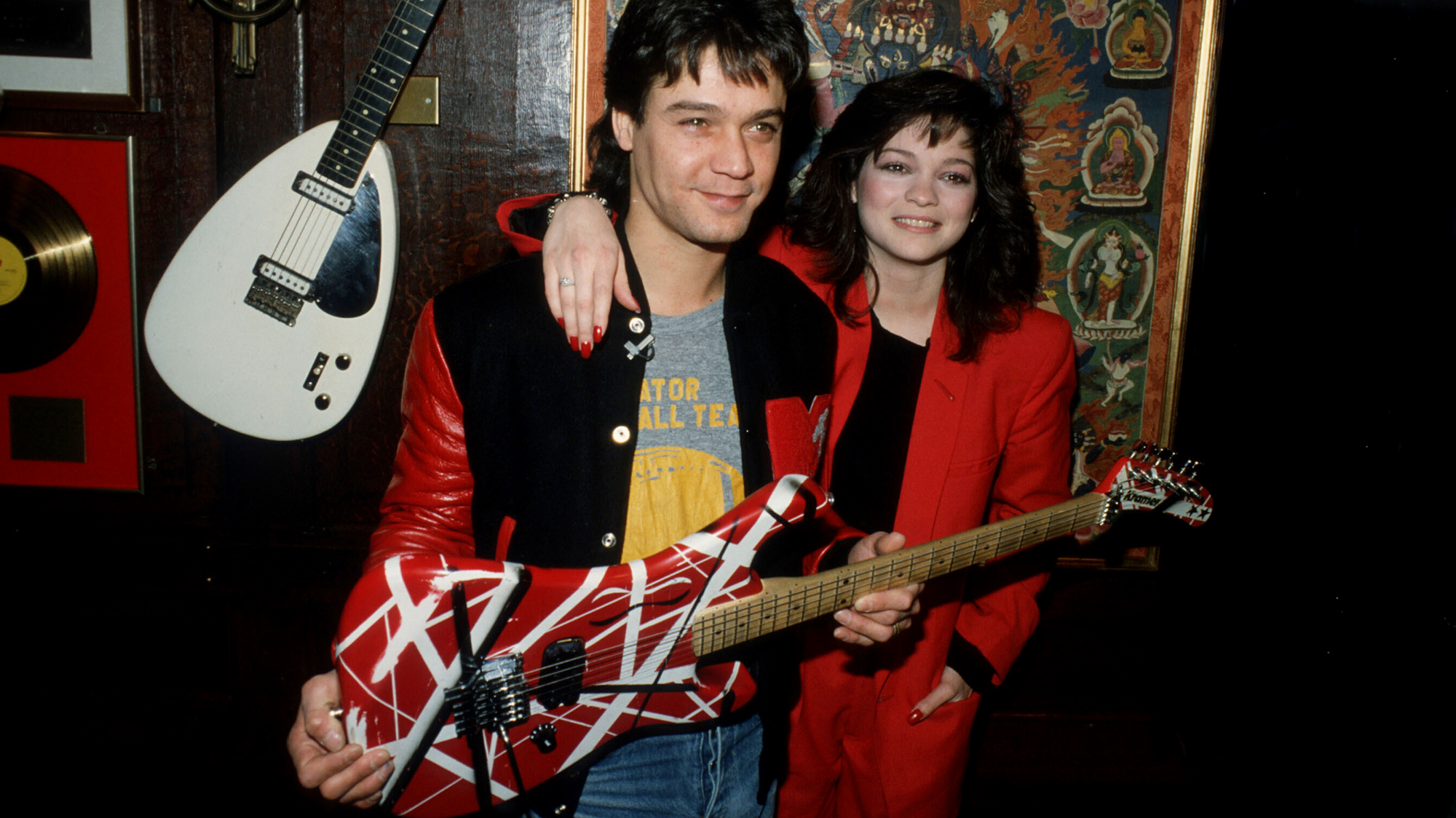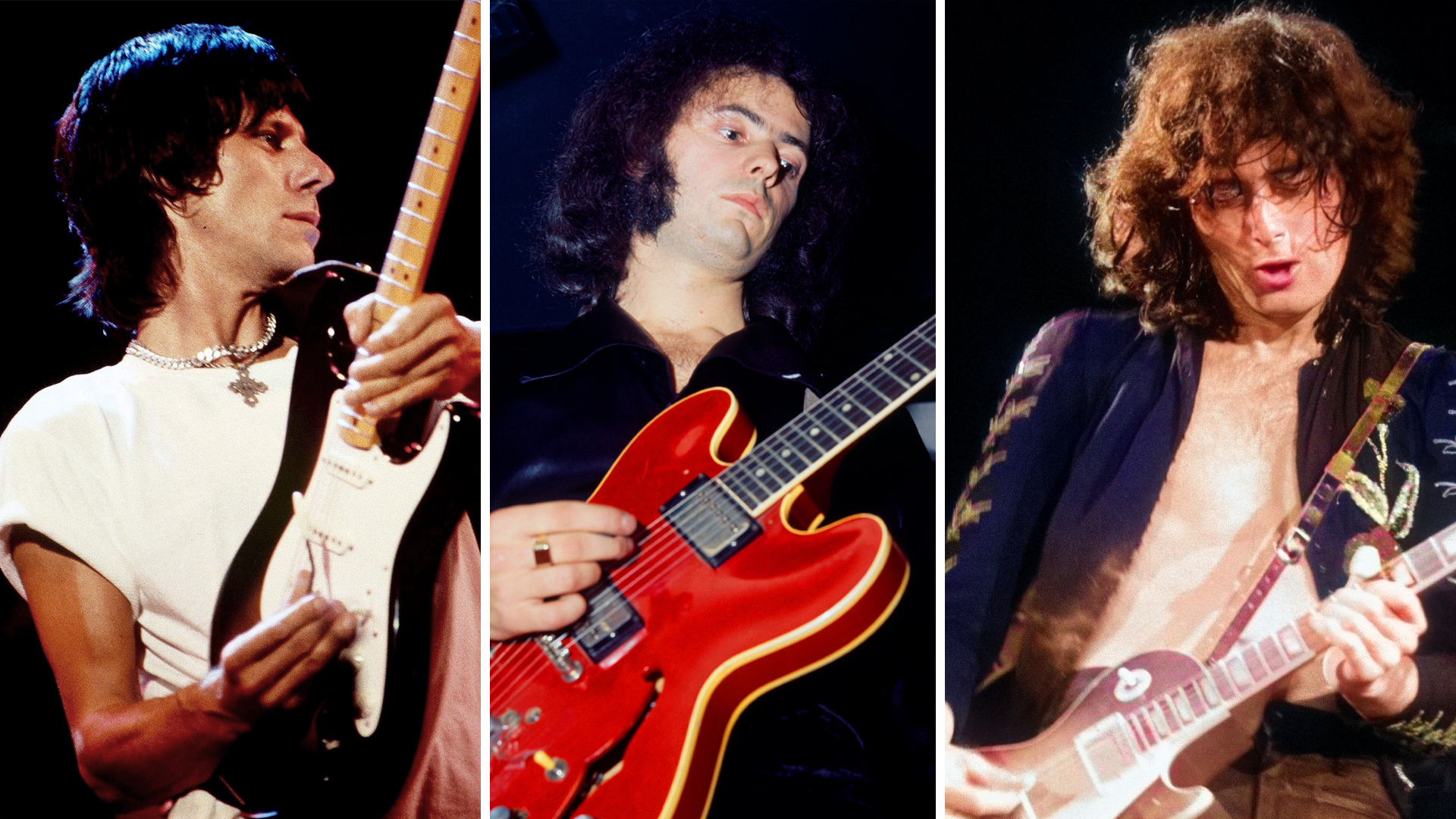“A roadie plugged the wah in the wrong way, and I stomped into it and got this incredible screaming noise”: Pink Floyd's Echoes marked David Gilmour's emergence as a guitar hero – and its surreal tonal highlight was created by accident
Having spent years attempting to settle on a sonic direction in the wake of the departure of Syd Barrett in 1968, Echoes was the sound of a band finally locking into place

Though it would be another year and change before they went supernova with The Dark Side of the Moon, it was in 1971 that Pink Floyd laid down one of their greatest epics, the side-length prog-funk odyssey Echoes.
Having spent years attempting to settle on a sonic direction in the wake of the departure of Syd Barrett in 1968, Echoes was the sound of a band finally locking into place, and was arguably the moment David Gilmour became one of rock's preeminent guitar heroes.
Though one can't discount his sublime, funky, none-smoother soloing throughout, perhaps Gilmour's most famous moment on the song comes at around the halfway mark, when the guitarist creates a series of otherworldly, screeching, bird-like sounds on his electric guitar.
“That,” Gilmour explained to GP in a 2009 interview, “is an oscillation created by having a wah pedal plugged in the wrong way around, and it has nothing to do with the strings.
“The noise it makes is unbelievably loud and horrible, so you have to have a volume pedal after it, and then a delay, and you have to turn the volume pedal way down. You put your heel all the way down on the wah, and then those noises come out when you manipulate the volume and tone controls on the guitar.”
The wah pedal quirk, Gilmour says, was far from intentional, and came about as “a serendipitous accident that happened in about 1969 or 1970.
“A roadie had plugged the wah in the wrong way, and I stomped into it and got this incredible screaming noise,” Gilmour told GP. “But, you know what they say – waste not, want not.”
Get The Pick Newsletter
All the latest guitar news, interviews, lessons, reviews, deals and more, direct to your inbox!
Aside from its tonal innovations and Gilmour's inspired performance, Echoes also showcased Floyd's ability to balance envelope-pushing arrangements and concepts with memorable melodies and genuine hooks, a balance the band would take to the pop charts less than two years later on Money, and to the very top of the pops in 1979 with Another Brick in the Wall, Part 2.

Jackson is an Associate Editor at GuitarWorld.com and GuitarPlayer.com. He’s been writing and editing stories about new gear, technique and guitar-driven music both old and new since 2014, and has also written extensively on the same topics for Guitar Player. Elsewhere, his album reviews and essays have appeared in Louder and Unrecorded. Though open to music of all kinds, his greatest love has always been indie, and everything that falls under its massive umbrella. To that end, you can find him on Twitter crowing about whatever great new guitar band you need to drop everything to hear right now.
“It’s tongue in cheek!" The story of The Beatles song with three guitarists, three bassists, McCartney on drums — and a lyric that made enemies
“He goes, ‘Play, boy,’ in that very southern way. I start taking my solo, sweating: ‘He’s going to hit me! I know it’s coming.’” How Jerry Lee Lewis terrorized Rory Gallagher, Dave Davies and Ritchie Blackmore


